Eggs are the most convenient food to have in your fridge. Choosing what to do with your eggs is simple. It takes less than 5 minutes to make breakfast or you can boil them for other alternative meals. However, choosing what eggs to bring home is starting to become more of a challenge. What is the deal with organic eggs? Is there a difference? Brown Eggs, White Eggs, Free-Range, Cage-free are some of the choices available in supermarkets around the country. We decided to break down these options so that you could make a better decision about what to put in your cart and bring home.
Brown Eggs vs. White Eggs
 Some people think that brown eggs are better for you because they are more expensive.
Some people think that brown eggs are better for you because they are more expensive.
Well, we hate to break it to you guys, but there actually is no nutritional difference between the two. Interestingly enough, the color of the eggshell is determined based on the earlobe color of the chicken. White chickens with white earlobes lay white eggs and dark colored hens (brown, black red) with red earlobes lay brown eggs.
So why are they more expensive?
Some breeds of hens cost more to maintain. Hens are also typically larger than chickens and require more food. This in turn translates to a higher cost for consumers. Nutritionally speaking, based on the diet being fed to the animal some brands are better for you than others.
Cage Free vs. Free Range
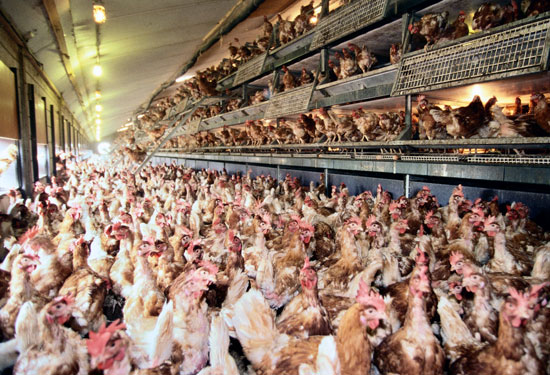
Cage free sounds great. At first thought I would imagine wide-open spaces. But unfortunately that may not be the case. Cage-free means the chickens aren’t kept in the tiny battery cages used by a lot of egg operations. When chickens are confined in cages, a ton of bacteria infected dust is inhaled. This can cause stress to the animal before they lay. Cage-free eggs do not collect this dust and in turn do hold some better nutritional value.
Free-Range chickens are similar to cage free. They are kept outside of cages and are typically held in barns or warehouses. Their exposure to sunlight is limited and there is no guarantee that they are actually free and happy.
Currently the USDA has not set any standards for using the claim “cage free” or “free range” stamped on cartons.

The best type of egg for you is anything that has been stamped USDA Certified Organic. Egg cartons stamped with this logo come from operations that have annual audits by the government. They are fed certified-organic feed that is free of things like antibiotics, pesticides, and GMO’s.
For more information on eggs we recommend you watching a short documentary called “The Story of an Egg”:
Lisa Podwirny is the owner of Ketchum Mfg. Connect with her on Google+
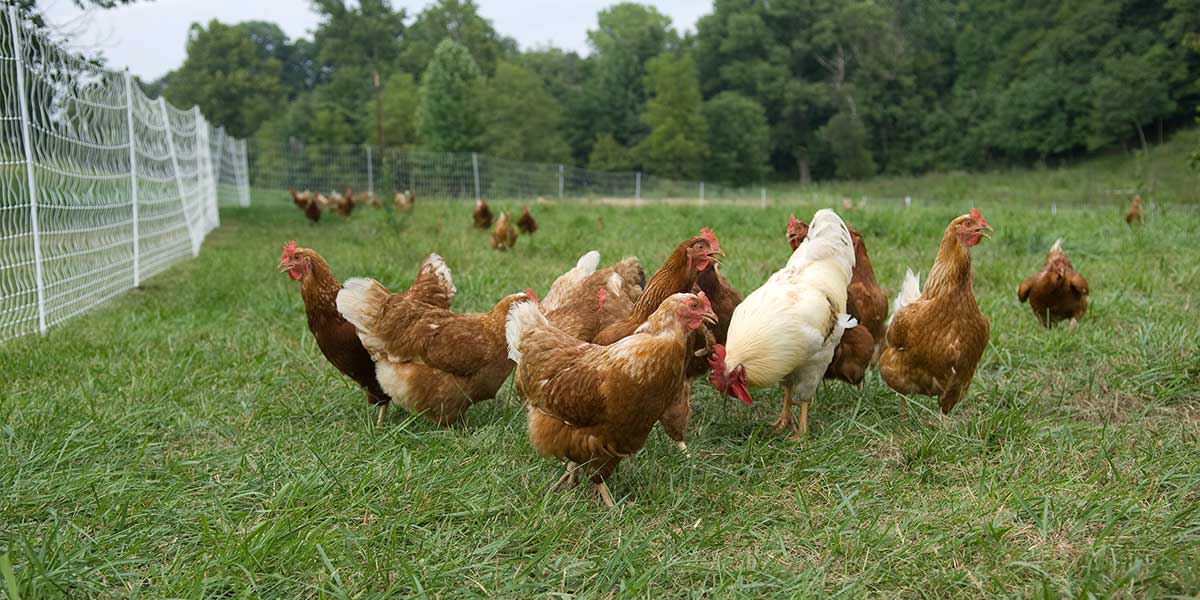









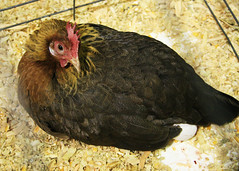

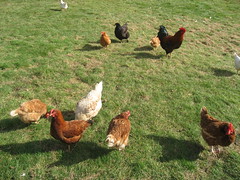

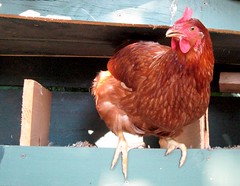
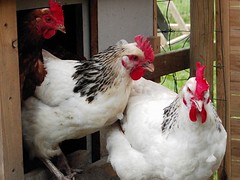
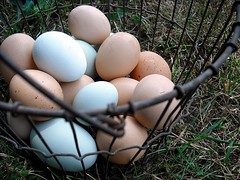
![A cow [15/365]](http://farm3.staticflickr.com/2058/1846375599_cec42383dd_m.jpg)


